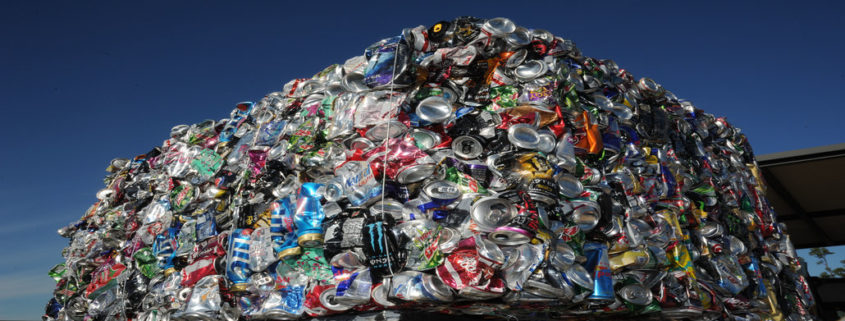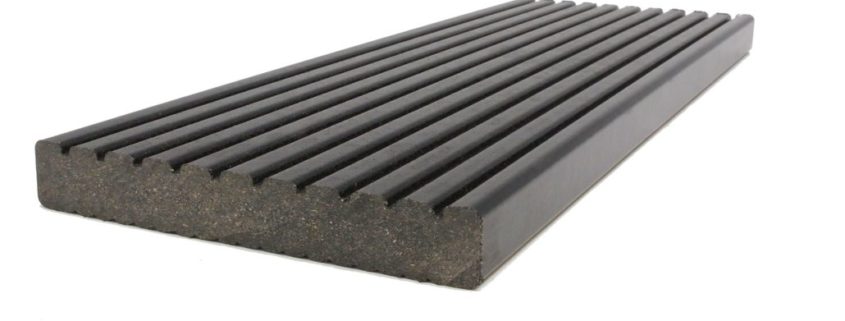The £200m bill to replace Grenfell Tower-type cladding on about 150 private high-rise blocks in England is to be met by the government.
Housing Secretary James Brokenshire had previously said the bill should be footed by the owners, not the taxpayer.
But he said owners had been trying to offload the costs on to leaseholders and that the long wait for remedial work had caused anxiety for residents.
Leaseholder groups said the news would be a “relief” but more was needed.
Seventy-two people died when a fire destroyed Grenfell Tower, in west London, in June 2017, in one of the UK’s worst modern disasters.
It took minutes for the fire to race up the exterior of the building, and spread to all four sides.
A public inquiry into the fire heard evidence to support the theory that the highly combustible material in the cladding was the primary cause of the fire’s spread.
Latest government figures show that 166 private residential buildings out of the 176 identified with aluminium composite material (ACM) cladding – the same type used on Grenfell Tower – are yet to start work on removing and replacing it.
- Unsafe cladding still affects thousands
- Stars in emotional Grenfell cladding video
- The terrible speed with which the Grenfell fire spread
Mr Brokenshire admitted he had changed his mind on demanding that freeholders pay up for safety work.
He said some building owners had tried to pass on the costs to residents by threatening them with bills running to thousands of pounds.
“What has been striking to me over recent weeks is just the time it is taking and my concern over the leaseholders themselves – that anxiety, that stress, that strain, and seeing that we are getting on and making these buildings safe.”
Alex Di Giuseppe, a leaseholder in a block with unsafe cladding in Manchester, said he has been dealing with the developer, freeholder and management agent but had got nowhere.
“It’s taken its toll. We’ve been living in an unsafe building and we’ve had these huge costs placed upon our heads. The stress is insurmountable.
“If this was a car with an airbag issue, it would be recalled.”
Pemberstone, Aberdeen Asset Management, Barratt Developments, Fraser Properties, Legal & General and Mace and Peabody were named as having fully borne the costs for their buildings.
Grenfell United, a group of survivors and the bereaved, said the news offered hope to people feeling at risk at home.
“This result is a testament to residents themselves. The truth is we should never have had to fight for it,” the group said.
It asked the government to consider financial support for residents as they continue night watches and wait for the remediation work to begin.
Rachel Loudain, from the UK Cladding Action Group, said leaseholders had exhausted all other options before the government stepped in to pay for the work.
“No developer was taking responsibility, no freeholder, we didn’t have any option legally or any option with insurance,” she said.
The group welcomed the news but pointed out that “many, many” leaseholders and social housing tenants living in blocks with other forms of unsafe cladding would be excluded from this help.
“Fire does not distinguish between the different types of failed cladding out there. This inadequate response will be looked back on in shame when the next Grenfell tragedy occurs,” the group said.
Labour accused the government of being “frozen like a rabbit in the headlights” in its response to the Grenfell disaster.
“Too weak and too slow to act at every stage and on every front,” the shadow housing secretary John Healey said.
The government has already committed to funding replacement cladding in the social sector. There are currently 23 blocks still covered in it.
Owners of private buildings will have three months to claim the funds, with one condition being that they take “reasonable steps” to recover the costs from those responsible for the cladding.
Source: BBC.co.uk





